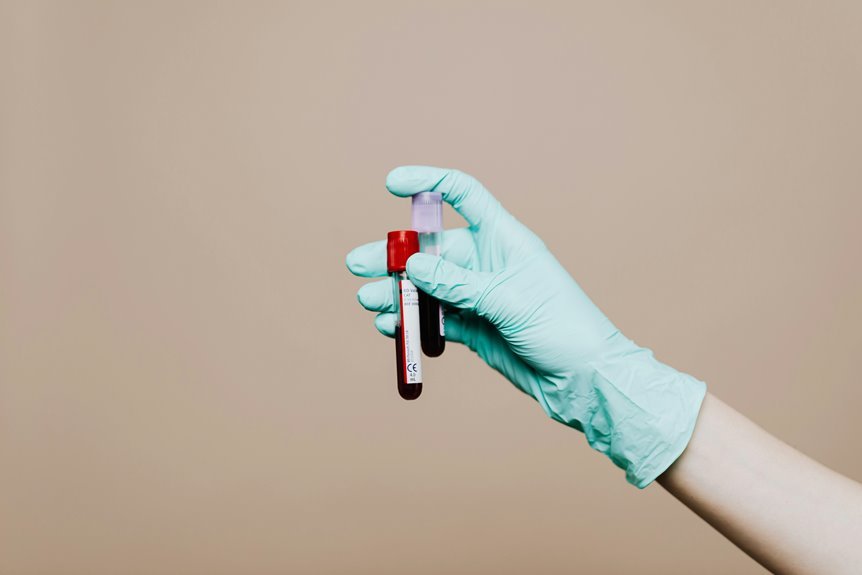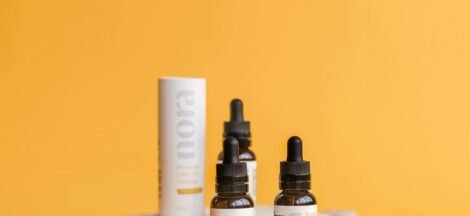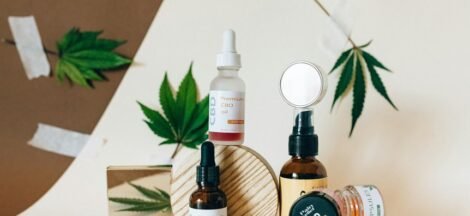The question of whether CBD shows up on blood tests is nuanced. While standard tests for THC typically do not detect CBD, certain assays may identify it under specific circumstances. Factors such as dosage, frequency of use, and individual metabolism play significant roles in detection. For those using CBD products, understanding these dynamics is crucial, especially when considering the implications of potential drug screenings. What should users keep in mind to minimize risks?
Understanding CBD and THC: The Key Differences
Cannabinoids, the chemical compounds found in cannabis, include both cannabidiol (CBD) and tetrahydrocannabinol (THC), each with distinct properties and effects.
CBD benefits encompass pain relief, anxiety reduction, and anti-inflammatory properties, promoting wellness without intoxication.
Conversely, THC effects are psychoactive, producing euphoria and altering perception.
Understanding these differences is essential for individuals seeking the therapeutic potential of cannabis while considering personal freedom in usage.
How Blood Tests Detect THC and CBD
How do blood tests differentiate between THC and CBD?
Blood test methods analyze cannabinoid metabolism to identify distinct compounds. THC and CBD are processed differently in the body, resulting in varying metabolites.
Techniques such as gas chromatography and mass spectrometry enable accurate detection of these cannabinoids. Understanding these methods provides insight into how blood tests can reveal the presence of THC or CBD.
Factors Influencing CBD and THC Detection in Blood
Various factors can influence the detection of CBD and THC in blood tests.
Individual CBD metabolism plays a crucial role, as it varies from person to person, affecting how long these compounds remain detectable.
Additionally, detection windows differ based on frequency of use, dosage, and the specific test employed.
Understanding these variables can help individuals navigate potential outcomes in blood testing scenarios.
Tips for CBD Users to Avoid Positive Drug Tests
CBD users can take proactive steps to minimize the risk of testing positive for THC on drug tests.
They should choose products labeled as "THC-free" and verify third-party testing results. Staying informed about CBD regulations is crucial, as formulations can vary.
Additionally, users should avoid full-spectrum CBD oils, as these may contain trace amounts of THC that could lead to positive results.
Conclusion
In conclusion, while CBD generally does not appear on standard drug tests designed for THC, the potential for detection exists depending on test specificity and individual factors. Users must tread carefully through the landscape of CBD products, opting for those that are verified as "THC-free." By understanding the nuances of testing and taking proactive measures, individuals can navigate this complex terrain and enjoy the benefits of CBD with reduced risk of unintended consequences.





 Can Cbd Make You Dizzy
Can Cbd Make You Dizzy